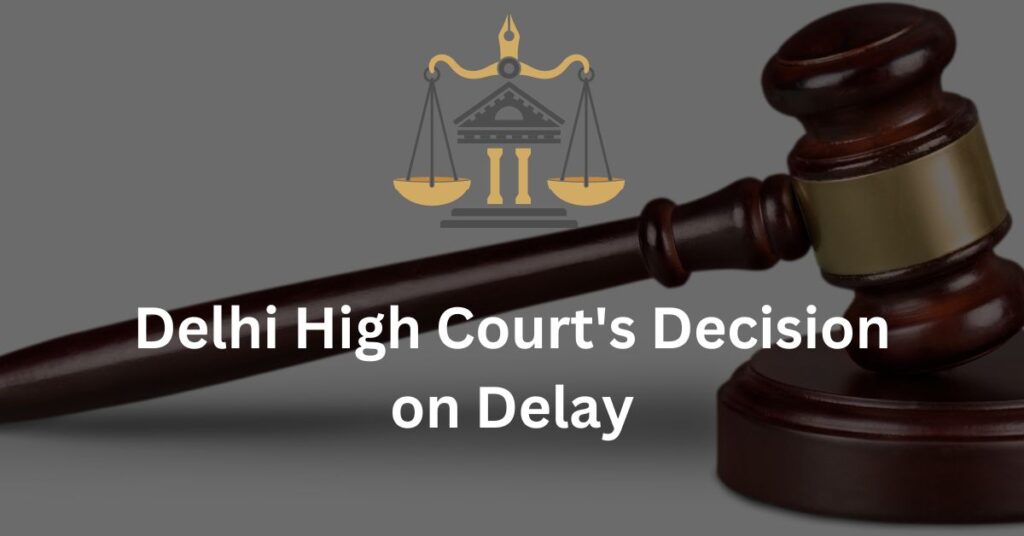In a recent judgment by the Delhi High Court, the issue of condonation of delay in filing a written statement was examined. The case, titled “Pritkaran Narang vs. Vikramjeet Singh & Anr.,” sheds light on the circumstances surrounding the delay and the court’s decision regarding the same. This blog post provides a comprehensive analysis of the judgment, highlighting the key arguments presented and the court’s ruling.
Table of Contents
ToggleLaw on Condonation of Delay in Filing Written Statement
As per The Code of Civil Procedure, 1908, when a defendant receives a summons, they have 30 days to submit a written statement outlining their defense. However, if the defendant fails to submit the written statement within the given time, they may still be allowed to file it on a later date specified by the court. The court must provide written reasons for granting this extension, and it should not be later than 90 days from the date of summons.
An alternative provision states that if the defendant fails to file the written statement within the initial 30-day period, they may be permitted to file it on a later date specified by the court, but this must be within 120 days from the date of summons. However, the court may require the defendant to pay certain costs, and if the 120-day period expires, the defendant will lose the right to file the written statement, and the court will not accept it.
Understanding the Case
The appellant, Pritkaran Narang, sought to challenge an order that closed her right to file a written statement due to a delay. Despite being granted several opportunities by the learned Family Court, the delay occurred due to the inaction of the appellant’s counsel. The blog delves into the appellant’s contentions and the respondent’s counterarguments. It explores the reasons behind the delay and the appellant’s complaint against her former counsel, which further complicated the matter.
Court's Decision
The Delhi High Court carefully considered the circumstances and found that the appellant had shown reasonable cause for the delay. The Court acknowledged that several opportunities were granted to the appellant. However, the court found that the appellant demonstrated her bona fide intentions by lodging a complaint against her former counsel. The appellant had paid a substantial amount of fees to her previous counsel and had complete faith in their representation. It appeared that the delay in filing the written statement was a result of her counsel’s negligence.
Furthermore, the appellant filed a complaint with the Bar Council of India, alleging that her former counsel attempted to extort money and refused to return her case file. The matter was referred to the disciplinary committee of the Bar Council of Delhi for further investigation. These circumstances added weight to the appellant’s contention for condonation of the delay.

Significance of the Court's Decision
By examining this judgment, readers gain insights into the court’s recognition of the appellant’s bona fide intentions and the subsequent condonation of the delay. The blog post emphasizes the importance of diligent representation, the role of legal counsel, and the potential impact of their actions on the proceedings. The court’s decision sets a precedent for understanding the considerations involved in condoning delays and upholding the principles of justice.
Conclusion
The Delhi High Court judgment on the condonation of delay in filing a written statement showcases the significance of genuine reasons and the appellant’s proactive approach in seeking redress. This blog post provides a detailed analysis of the case, highlighting the implications of the appellant’s complaints against her counsel and the subsequent actions taken by the Bar Council. It sheds light on the court’s decision to condone the delay, underscoring the importance of diligence and fair representation in legal proceedings.


